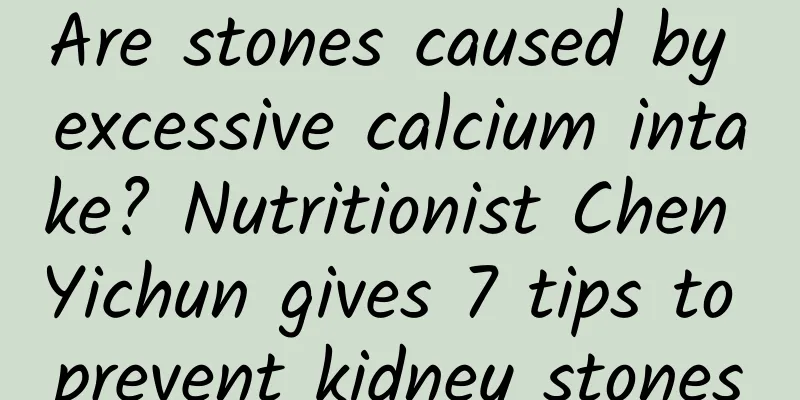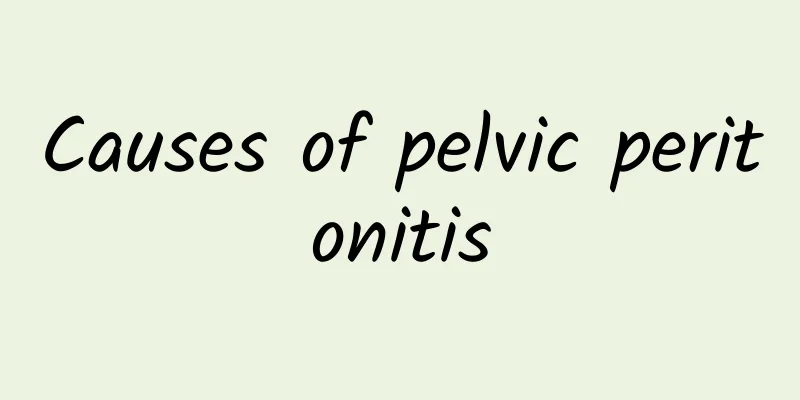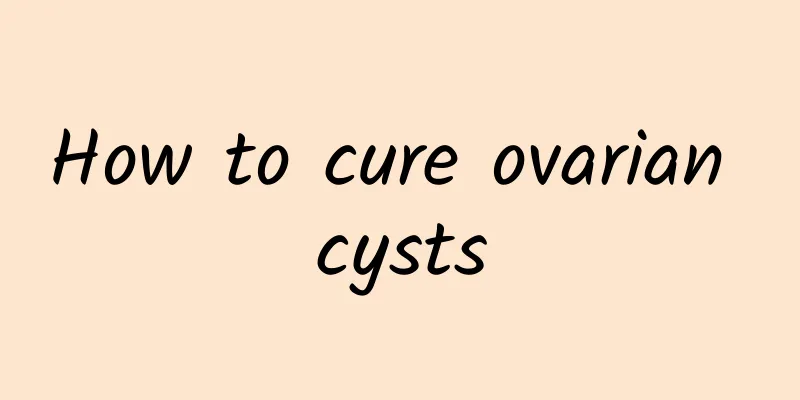Are stones caused by excessive calcium intake? Nutritionist Chen Yichun gives 7 tips to prevent kidney stones

|
Don’t underestimate a small stone in your body. Once the stone appears in the kidney, ureter, bladder, or urethra, it can be extremely painful! There is an online rumor that states: "Increasing calcium intake will cause kidney stones." Is this true? Nutritionist Chen Yichun said that in fact, increasing calcium intake will not cause stones. The real cause of stones is insufficient calcium intake and not drinking enough water. To prevent annoying kidney stones, people are advised to follow 7 tips and refuse to become stone-bearing people. Nutritionist Chen Yichun said that the average adult needs 1,000 mg of calcium per day, and the online rumor that "increasing calcium intake will cause stones?" is actually wrong. Bones are the largest calcium storage depot in the body. When calcium enters the body, the blood has its own balance mechanism that will store excess calcium in the bones and maintain blood calcium concentration by releasing or storing calcium. Therefore, increasing the amount of calcium will not cause stones. Will taking too much calcium cause stones?The real cause of stones is actually insufficient calcium intake. Since the body needs calcium to maintain physiological functions, when calcium intake is insufficient, the bones will release stored calcium into the blood, increasing the blood calcium concentration and maintaining the calcium concentration in the blood. However, when the blood calcium concentration rises, it easily combines with oxalic acid in the blood to form annoying stones. Generally speaking, the areas most prone to stones are the kidneys, ureters, bladder, urethra, etc. What are the causes of stones?Nutritionist Chen Yichun pointed out that the biggest reasons for the formation of stones in the body, in addition to insufficient calcium intake and a body constitution that is prone to stones, are actually insufficient water intake and excessive sweating. Normally the kidneys have the function of automatically regulating blood volume. Once dehydrated, you will feel thirsty, reminding the body to drink water. When you do not drink enough water or sweat too much, the kidneys do not form enough urine, causing the concentrations of calcium ions, uric acid, phosphoric acid, oxalic acid and other substances in the urine to be too high, which can easily form crystals and precipitate in the urine, resulting in stones. 7 Tips to Prevent Kidney StonesNutritionist Chen Yichun reminds that if you are prone to stones, you should eat foods high in oxalic acid, such as spinach, strawberries, chocolate, strong tea, beer, etc. in moderation. The general public can follow the following tips to avoid the formation of stones. Adequate water dilutes urine and prevents the formation of stones. It is recommended that the average adult consume at least 2000cc of water a day. If you are prone to stone formation, you need to replenish 2500cc to 3000cc of water to allow the kidneys to have enough water to produce urine. Tip 1: Drink enough water Adequate water dilutes urine and prevents the formation of stones. It is recommended that the average adult consume at least 2000cc of water a day. If you are prone to stone formation, you need to replenish 2500cc to 3000cc of water to allow the kidneys to have enough water to produce urine. Tip 2: Get enough calcium People who are prone to stones should take 1,000 mg of calcium daily to reduce the occurrence of stones. Dairy products, black sesame, dried fish, tofu, etc. are foods rich in calcium. Tip 3: Vitamin B6 should be sufficient Vitamin B6 can inhibit the metabolism of non-essential amino acid glycine to form oxalic acid in the body. Therefore, supplementing with an appropriate amount of vitamin B6 can reduce the formation of oxalic acid in the body and thus reduce the production of calcium oxalate. Foods containing vitamin B6 include dairy products, lean meat, beans, whole grains and root vegetables, etc. Tip 4: Dietary fiber is essential After eating greasy foods such as meat and fish, the fat ingested will easily combine with calcium to form soap calcium, which makes it impossible for calcium to combine with oxalic acid, increases the small intestine's absorption of oxalic acid, and easily forms stones in the body. Adequate dietary fiber can inhibit fat absorption, making it difficult for fat to combine with calcium, thereby preventing stones. Tip 5: Take the right amount of potassium and magnesium minerals The minerals potassium and magnesium are alkaline minerals that can combine with oxalic acid in the intestines, inhibiting the intestinal absorption of oxalic acid. They can also prevent the urine from becoming acidic, reduce urinary calcium excretion, and prevent stone formation. Tip 6: Don’t take too much vitamin C The Ministry of Health and Welfare recommends that adults consume 100 mg of vitamin C per day. The general public can achieve the recommended daily intake by eating a balanced diet of fruits and vegetables. Since the metabolite of vitamin C is oxalic acid, taking more than 4000 mg of vitamin C supplements every day for a long time may increase the oxalic acid content in the urine and increase the chance of developing stones. Tip 7: Avoid eating too salty food When you eat too much salt and your sodium intake increases, it will promote the excretion of calcium in the urine and increase the possibility of stones. |
Recommend
Everyone should pay more attention to painless abortion
Have you ever had a painless abortion? There are ...
Menopausal breast care is imperative
Menopause is a type of gynecological disease, and...
So eating like this is bad for your brain? ! Get rid of these 6 bad habits! How many of these brain-damaging eating habits do you have?
So eating like this is bad for your brain? ! Say ...
Can people with diabetes eat desserts? American experts: Drink a spoonful of this before eating sweets to easily lower blood sugar
Does almost everything that’s going on in your bo...
What is the best treatment for chronic pelvic inflammatory disease?
What is the best treatment for chronic pelvic inf...
What should I do if my butt gets bigger due to long sitting? Just use a chair to do these 6 moves to get a peach butt
You sit at work every day. Are you worried that y...
What should be checked before abortion?
Before an abortion, relevant examinations should ...
What is vulvar itching? What should I do?
What is vulvar itching? What should I do? Vulvar ...
What are the main causes of adnexitis?
Adnexitis refers to inflammation of the fallopian...
How serious is the uterine fibroid? 7 common misunderstandings about uterine fibroids
I never thought that a small uterine fibroid woul...
Analysis of common causes of recurrence of cervical hypertrophy
For any disease, recurrence is the last thing pat...
What are the symptoms before menstruation? What are the drastic changes in your body?
Women are most vulnerable when they have their pe...
What should I do if uterine fibroids are found after menopause?
What should I do if uterine fibroids are found af...
What are the causes of acute cervicitis?
Acute cervicitis is relative to chronic cerviciti...
What anti-inflammatory drugs to take after miscarriage
What anti-inflammatory drugs should I take after ...









